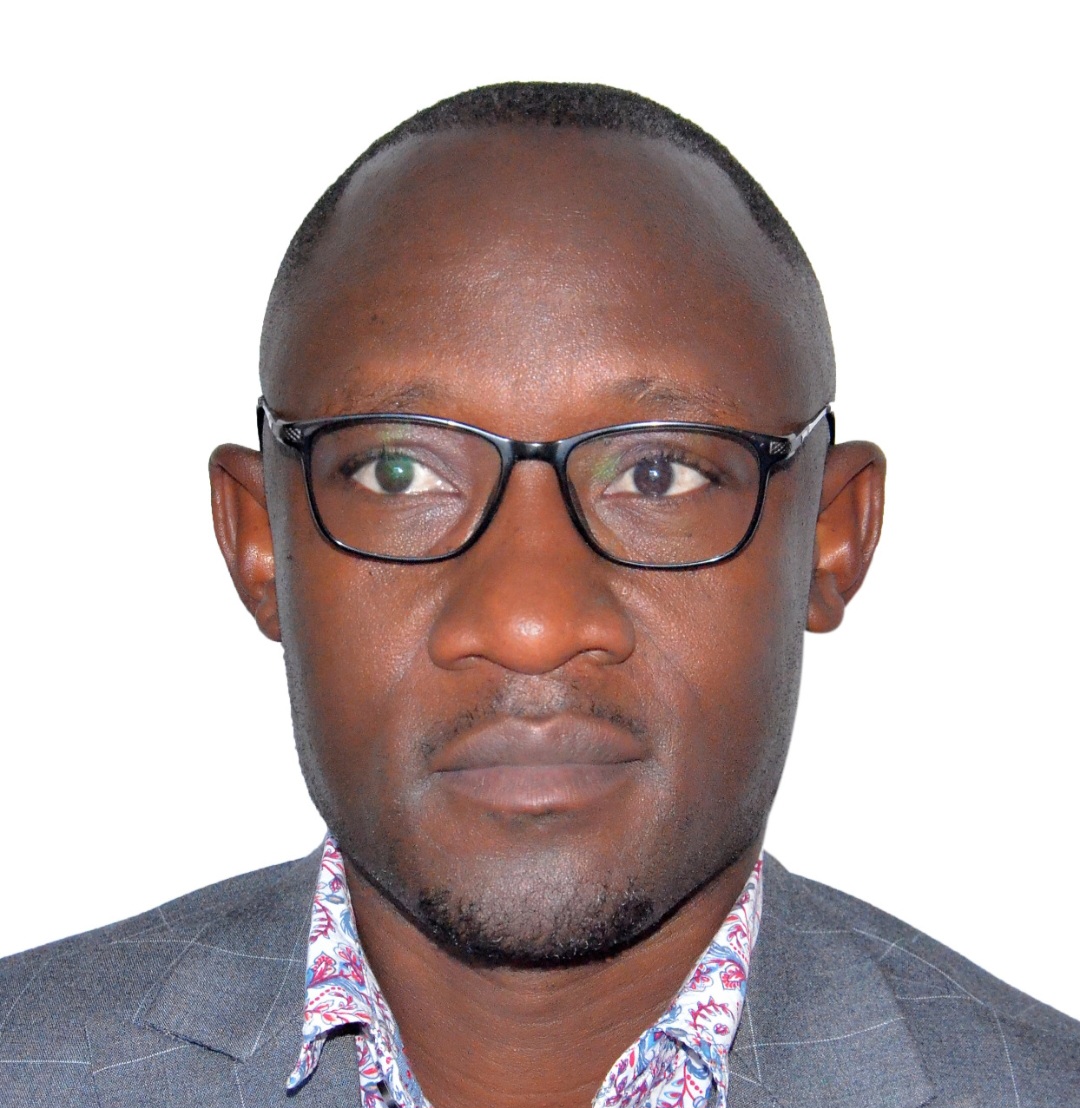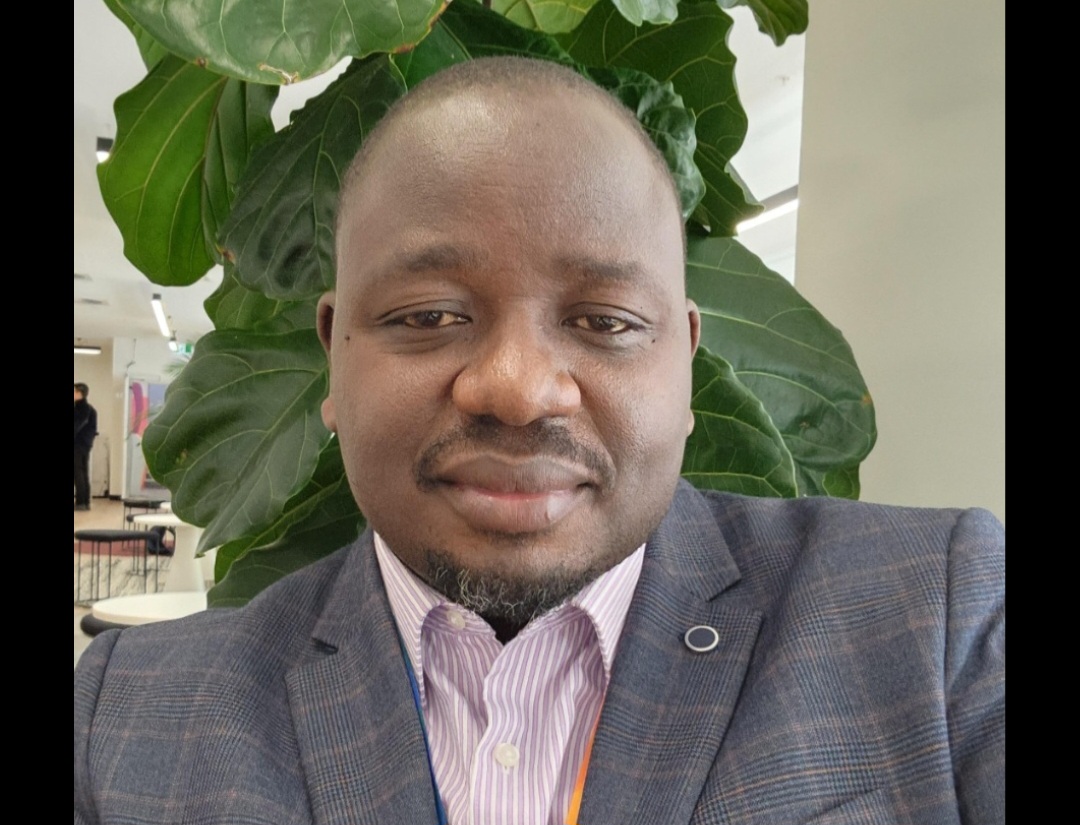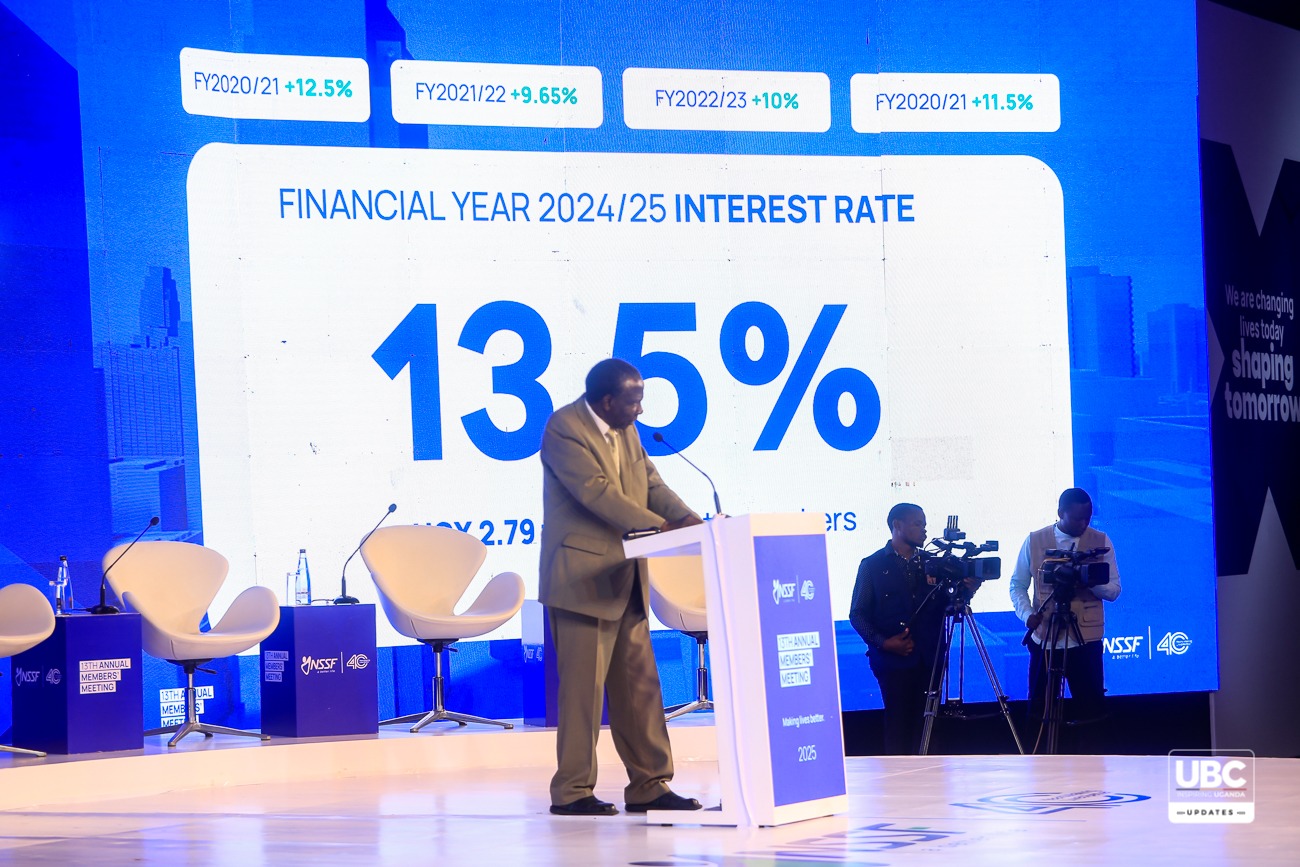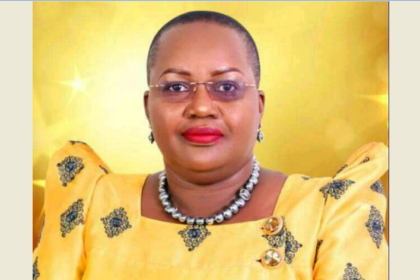I know some readers may assume that because I am a scholar from Karamoja, my call for government and development partners to listen to academic voices is personal. But let me be clear: this is not just about me. To illustrate, I draw on the work of two scholars who studied Karamoja in depth — Sacha Kagan from Leuphana University Lüneburg and David Knaute, a political scientist and social anthropologist who helped establish the ACTED office in Uganda.
In their 2009 book “Sustainability in Karamoja,” David Knaute and Sacha Kagan observed that despite many interventions by different stakeholders, Karamoja remains a place where survival is extremely difficult. They offered numerous recommendations to improve the situation, but I doubt most stakeholders have reflected on them — and this is equally true of other scholarly contributions.
For instance, Karamoja scholars like Emmanuel Frank Muhereza, PhD, and Otim (cited by Knaute & Kagan, eds.) argue that the region’s real problems have not been clearly understood, so solutions are often inappropriate. Similarly, Sagal and Lüneburg (2008) caution that many interventions fail to address the most contentious issues, partly because they are planned “from above.”
What they meant by above is beyond the scope of this article. While I agree with them to some extent, I believe the deeper issue lies in the failure to listen to Karamoja’s own scholars.
Over the years, rigorous studies — including PhD-level research — have produced sound recommendations grounded in science and lived realities. My concern is whether government authorities and development partners truly take time to read and reflect on these insights, to learn what works and what does not.
Even the Government’s own Office of the Prime Minister (2007), in the Karamoja Integrated Disarmament and Development Programme (KIDDP), emphasized the critical role of education in transforming the region.
Education, it noted, is the foundation for sustainability in Karamoja. This is also the central point of my argument: if government and its partners are serious about transformation, they must listen to and act upon the voices of Karamoja’s scholars.
If this appeal is taken to heart, it may finally help dismantle a long-standing misconception. As Emunyu wrote in 1992, “the Karamoja problem is not the Karimojong people,” despite prejudices that often paint them as the obstacle. The real problem is that the voices of Karamoja’s scholars — voices carrying both knowledge and hope — are still not being heard. And until they are, every intervention risks repeating history instead of rewriting it.
Ayub Mukisa, PhD
Executive Director, Karamoja Anti-Corruption Coalition (KACC)
Email: ayubmukisa@gmail.com
Do you have a story in your community or an opinion to share with us: Email us at Submit an Article









